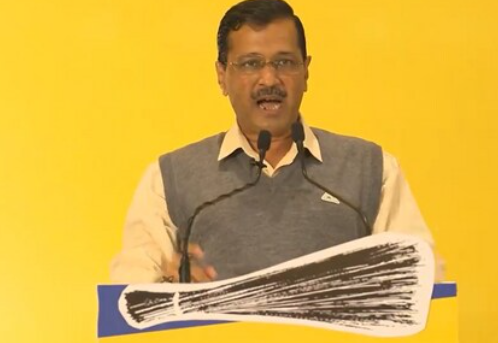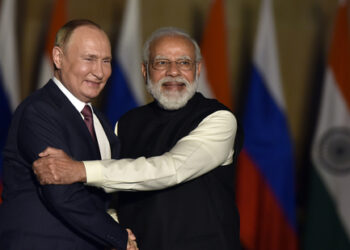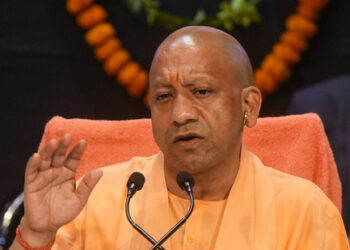In a significant pronouncement, Arvind Kejriwal, the Chief Minister of Delhi and leader of the Aam Aadmi Party (AAP), has framed the forthcoming Lok Sabha elections as a battle between ‘dharma’ (righteousness) and ‘adharma’ (unrighteousness). The statement comes as a pivotal moment in AAP’s campaign narrative, emphasizing moral rhetoric and ethical governance as central tenets of its political ideology.
Kejriwal, known for his outspokenness and anti-corruption stance, articulated his perspective during a public address, underscoring the need for a transformative shift towards principled governance in Indian politics. He invoked the age-old philosophical dichotomy of dharma and adharma to contextualize the contemporary political landscape, portraying AAP as the vanguard of virtuous governance.
The AAP leader’s assertion resonates with the party’s longstanding commitment to combating corruption, promoting transparency, and prioritizing the welfare of common citizens. By framing the electoral battle in moral terms, Kejriwal aims to galvanize support for AAP’s agenda of inclusive development and accountable governance.
The narrative of ‘dharma vs adharma’ underscores AAP’s intention to position itself as a moral force challenging the entrenched interests and vested power structures prevalent in Indian politics. Kejriwal’s rhetoric is expected to resonate particularly with voters disillusioned with traditional political parties and seeking a credible alternative rooted in ethical values.
As the Lok Sabha elections draw nearer, Kejriwal’s framing of the electoral contest as a moral imperative is likely to shape AAP’s campaign strategy and messaging. The party’s emphasis on dharma, encapsulated in its commitment to honesty, integrity, and people-centric policies, sets the stage for a distinctive electoral pitch aimed at resonating with a broad spectrum of voters.
In the ensuing electoral battle, AAP’s narrative of ‘dharma vs adharma’ is poised to challenge conventional political discourse, offering voters a compelling vision of principled governance and social justice. As Kejriwal and AAP gear up for the electoral fray, their articulation of a moral imperative in politics signals a departure from the status quo and a call for a new era of ethical leadership in India.








 India
India












